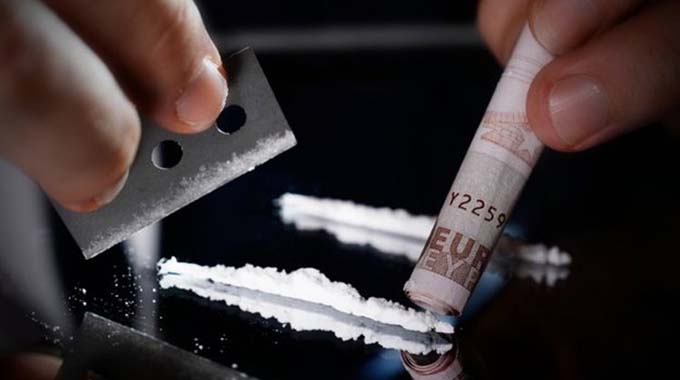The dangers of cocaine addiction

Dr Sacrifice Chirisa Mental Health Matters
Cocaine dependence is a devastating disorder that is associated with a host of medical and psychosocial risks. This complex disorder is made up of distinct clinical components that are interwoven into a cycle of addiction.
Cocaine activates the pleasure centres that dominate our thoughts, behaviours and priorities, producing a pleasure-reinforced compulsion to use the drug.
Repeated use regulates brain pleasure centres and paves the way to addiction through craving and impaired hedonic function. Euphoria and craving drive the cycle of addiction through positive and negative reinforcement, respectively.
The dys-regulated brain cells in the prefrontal cortex (PFC), which is the part of the brain that weighs the motivation to use cocaine. PFC dysfunction, in turn, may contribute to loss of control and denial.
Cocaine produces pleasure that far exceeds the normal range of human experience and becomes inexorably crystallised in memory. The lure of cocaine euphoria should never be underestimated in clinical practice. Cocaine produces a brief, but massive rush of pleasure and a constellation of stimulant effects that are notably well above those of sexual arousal. Within minutes, cocaine pleasure gives way to intense craving that drives characteristic cocaine binges.
As cocaine addiction progresses, individuals become increasingly willing to risk family turmoil, job loss, incarceration, medical problems, and even death in pursuit of the drug.
Cocaine intoxication will lead to increased energy, massive euphoria, wakefulness, alertness, anorexia and racing thoughts.
Cocaine withdrawal leads to severe depression, lethargy, hunger, sluggish thoughts and poor concentration. The pendulating effect leads to the drug hunting behaviour at the expense of every thing else. Cocaine increases synaptic dopamine levels in the brain by blocking the dopamine re-uptake site that normally serves to clear dopamine from the synapse.
Cocaine craving takes different forms that emerge at various times during active cocaine use and recovery. Cocaine-related cues trigger intense craving, even after months or years of abstinence and represent a common avenue to relapse.
Craving is also amplified by life stress and by cocaine itself, which is surely the most powerful craving trigger. These forms of precipitated craving are targeted by relapse prevention strategies that include cue avoidance, stress management and the cornerstone principle of complete abstinence.
Drug rehab is essential to effectively deal with cocaine addiction. Shouting at an individual to stop will not help and cocaine is so addictive that one can get addicted to it after a single dose.
Highlands Halfway House has helped many cocaine addicts to recover and lead productive life. It is difficult, but doable. Help is available.
Dr Sacrifice Chirisa is a passionate mental health specialist at Parirenyatwa Hospital, one of the country’s major referral hospitals










Comments